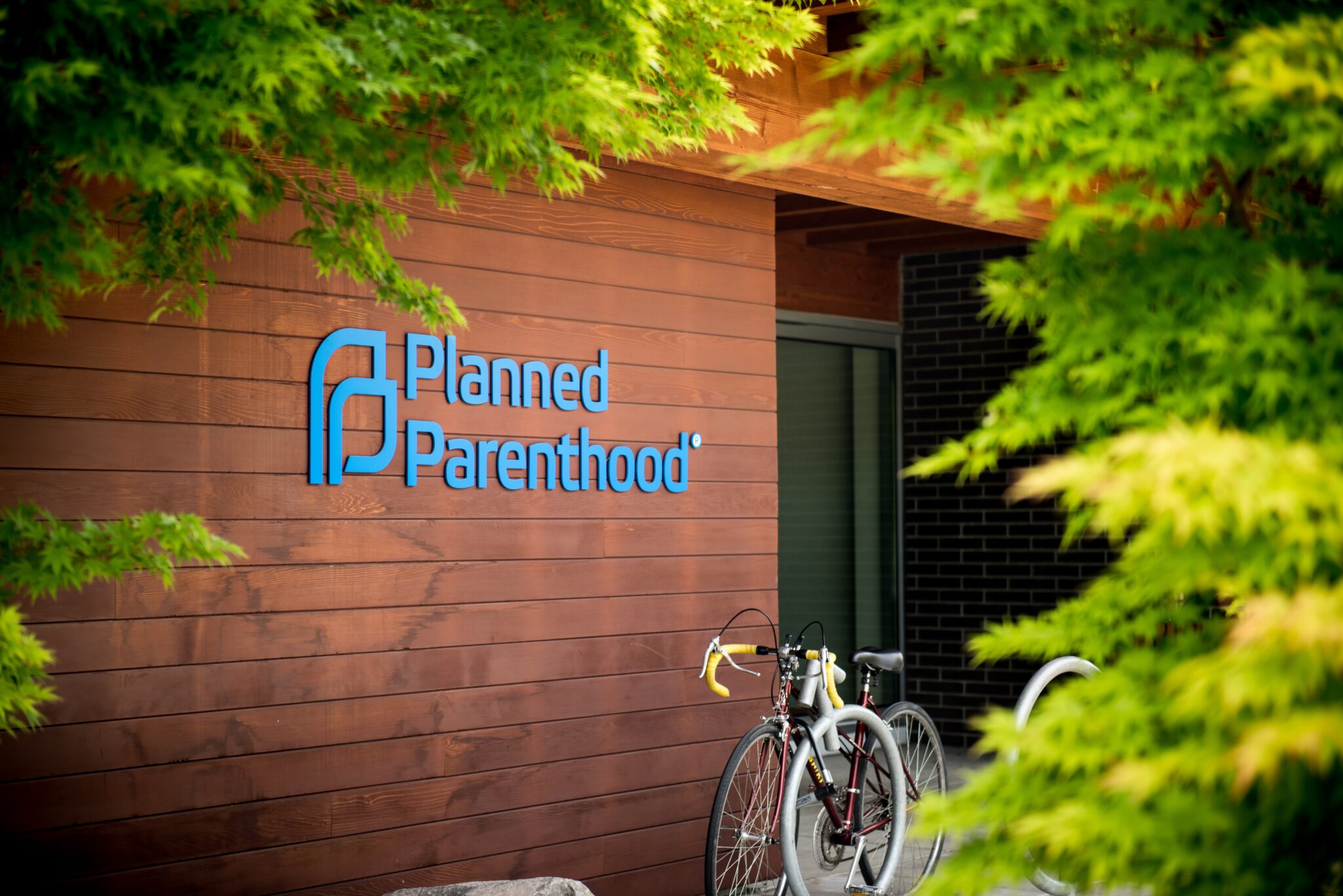Federal Policy Shift Sparks State Response
Oregon lawmakers are preparing to take action after a federal court ruling allowed the Trump administration to block Medicaid reimbursements to Planned Parenthood affiliates nationwide. The move threatens health care services across the country, including in Oregon, where Planned Parenthood relies heavily on Medicaid funding for non-abortion care.
In response, Democrats in the Oregon Legislature have formed a work group tasked with exploring policies to ensure Planned Parenthood clinics remain financially supported and accessible to low-income Oregonians.
Oregon’s Strong Protections — But New Challenges
Oregon is already known for having some of the strongest abortion protections in the country. The state has no gestational limits on abortion and requires that most health insurance plans cover the procedure at no cost to patients.
Still, the recent funding cuts create new challenges. While federal law has long barred Medicaid dollars from covering abortions, those funds helped cover other essential services like cancer screenings, STI treatment, contraception, and general gynecological care.
According to Planned Parenthood Columbia Willamette CEO Sara Kennedy, Oregon affiliates received nearly $17 million in Medicaid reimbursements in the 2024 fiscal year. The loss of those funds could jeopardize clinics’ ability to provide care to thousands of low-income residents.
Lawmakers Organize a Work Group
The new work group will be led by House Majority Leader Ben Bowman (D-Tigard) and will include several other Democratic lawmakers:
-
Rep. Andrea Valderrama (D-Portland)
-
Rep. April Dobson (D-Happy Valley)
-
Rep. Sue Rieke Smith (D-King City)
-
Sen. Deb Patterson (D-Salem)
-
Sen. Wlnsvey Campos (D-Aloha)
Representatives from Oregon’s Planned Parenthood affiliates will also join the discussions.
“The Trump administration and the Republican Party are trying to strip away access to abortion,” Bowman said in a statement. “We will not let that happen in Oregon. Planned Parenthood is a critical provider of health care in this state and we will fight to protect them from these attacks.”
Policy Goals and Timeline
The group plans to meet in early October and will present recommendations before the 2026 legislative session. Lawmakers say the goal is to design a sustainable funding mechanism that offsets the loss of Medicaid dollars and ensures Planned Parenthood clinics can keep operating.
“There are significant budget implications of H.R. 1 that will impact Oregonians’ access to healthcare,” Valderrama said, referring to the federal law. “This work group will focus on determining what, if any, policy changes are necessary to create a sustainable funding mechanism and accountability framework.”
Building on Past Efforts
This isn’t the first time Oregon Democrats have created such a task force. After the U.S. Supreme Court overturned Roe v. Wade in 2022, lawmakers convened a work group that issued a 22-page report with recommendations. Those included training community health workers, updating state websites with clear information on abortion access, and strengthening legal protections for providers.
Some of those recommendations became law in 2023, when Oregon passed legislation shielding doctors from prosecution for offering both abortion and gender-affirming care.
Opposition from Abortion Critics
Anti-abortion advocates criticized the creation of the new group. Oregon Right to Life Executive Director Lois Anderson accused Democrats of prioritizing abortion over broader family support.
“Lawmakers should be focused on lifting up Oregon moms and families with life-affirming solutions,” Anderson said in a statement. “But Oregon Democrats and their allies at Planned Parenthood once again showed where their priorities lie: promoting America’s biggest abortion corporation and defending Oregon’s radical position of legal abortion up to the moment of birth.”
Planned Parenthood’s Broader Services
Despite criticism, national data shows that abortion services make up only a small fraction of Planned Parenthood’s work. According to its 2024 annual report, just 4% of the 9.4 million services provided were abortion-related. More than half focused on testing and treating sexually transmitted infections, with additional services including contraception, cancer screenings, and general reproductive health care.
The Road Ahead
As the new work group prepares to meet, lawmakers and advocates alike acknowledge the high stakes. Without replacement funding, Oregon’s Planned Parenthood clinics could scale back or close services that tens of thousands of residents rely on.
For Democrats, the challenge is not only about protecting abortion rights, but also about safeguarding the broader network of reproductive health services that low-income communities depend upon.

